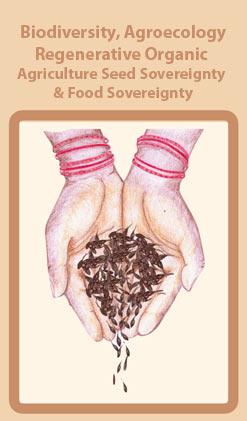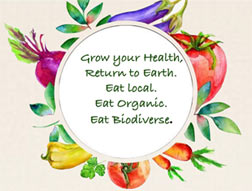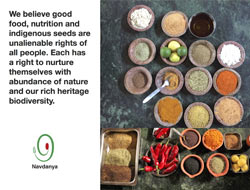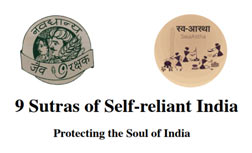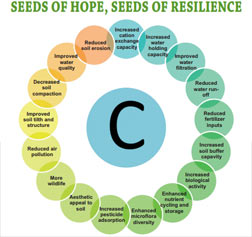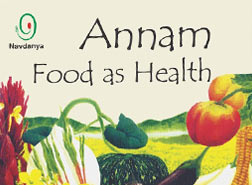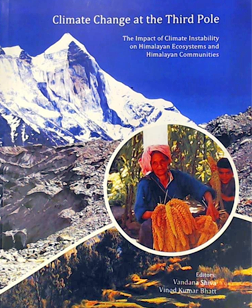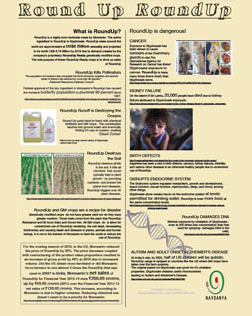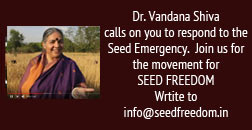Pollination and pollinators play a pivotal role in natural and agro ecosystems because they are beneficial for ecosystem services. Habitat management and development are proven ways to encourage pollinator populations by providing them food and nesting resources. Pollinators, most importantly bees, are essential for plants, and they are a fundamental part of an ecosystem, food chain and food web. About one-third of our total diet is dependent, directly or indirectly, upon insect pollinated crops” and the diversity of pollinators is also dependent upon the flowering diversity of plants thus there is a positive correlation between species richness of pollinators and plants.
Study was conducted at Navdanaya Biodiversity Conservation farm (Organic) and Karbary (Industrial agriculture) farm in Doon Valley. The current study included the documentation of the bee diversity and abundance in organic and inorganic agro – ecosystems. In organic farm, the plots were seeded with multiple crops and also avoided all agro-chemical including fertilizers, herbicides, pesticides and insecticides whereas monoculture was being practiced in the conventional farm with different agrichemicals.
Comparative study observed the impact of chemicals and inorganic fertilizers. For the study, mainly Pan Trap method was used to collect the data from both agro- ecosystem. Net sweeping, plot observation and transect sampling were also done to collect insects and data for identification.
It was found that the Organic agro- ecosystem comprises enormous diversity of pollinators, of which bees were the major component. Total of 3365 individuals representing 31 species belonging to four families of bees i.e. Halictidae, Andrenidae, Megachilidae and Apidae in organic farming.
Whereas, diversity of pollinators (bees) was very poor in conventional or inorganic-agro ecosystem in comparison to that of organic farm, i.e. 207 individuals from 16 species and, belonging to four families.
© 2016 Navdanya. All rights reserved. Design Inn Info Solution

